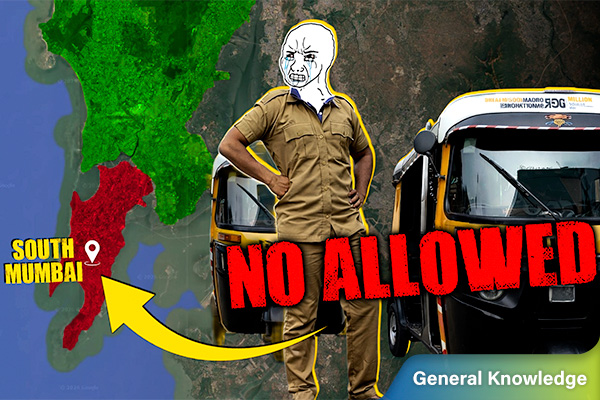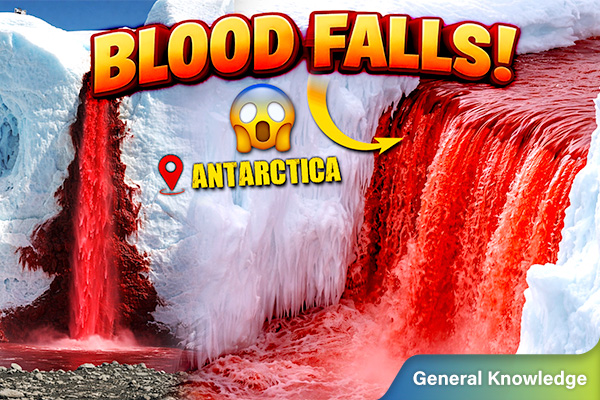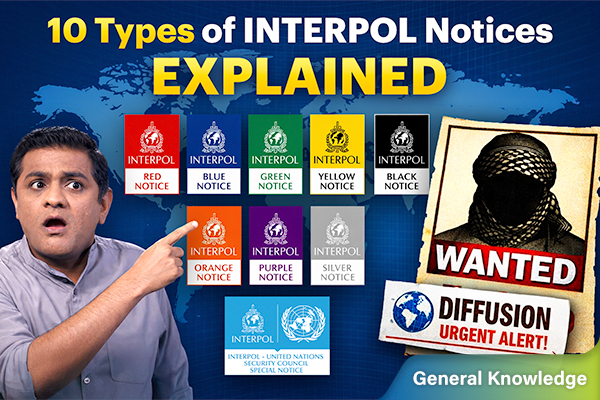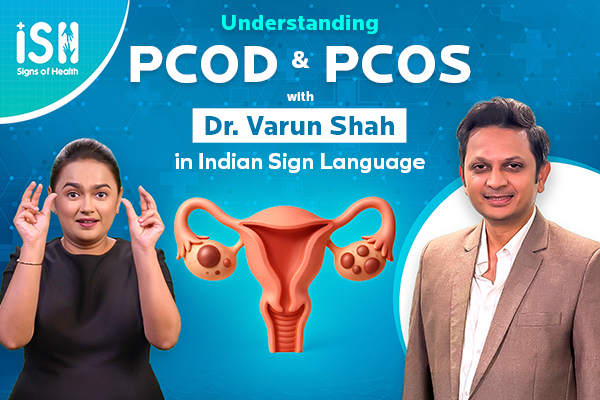How Dangerous Is a Nuclear Bomb? Can You Stay Safe?
Nuclear bombs cause massive destruction, deadly radiation, and long-term health effects, making them extremely dangerous weapons.
Many people wonder why nuclear bombs are so scary and if it is possible to survive when one explodes nearby. Nuclear bombs were used only twice in history during World War 2, when the United States dropped bombs on two Japanese cities — Hiroshima on August 6, 1945, and Nagasaki on August 9, 1945. These attacks caused the instant death of more than 1.6 lakh people in Hiroshima and 80,000 in Nagasaki.
Survivors later shared their stories, helping us understand the terrible effects of the blast. When a nuclear bomb explodes, it produces a very bright flash of light that can cause blindness even if you don’t look directly at it. The explosion creates a huge mushroom-shaped cloud and heat hotter than the sun, which burns people and buildings near the blast instantly.
The sound of the blast was so loud that many people lost their hearing, and most buildings were destroyed within seconds. After the explosion, poisonous black rain fell, which was very dangerous and full of harmful chemicals. Radiation from the bomb made many people sick, causing vomiting, weakness, cancer, and other serious health problems. Some babies were even born with birth defects because of the radiation.
The scientist who helped create the bomb, J. Robert Oppenheimer, said, “Now I am become death, the destroyer of worlds,” showing his deep regret for what the bomb caused. Today, nuclear bombs are even stronger. For example, the US B61-13 bomb is 24 times more powerful than the bombs dropped on Hiroshima and Nagasaki.
Survival near a nuclear blast depends on how close you are. If you are very near the blast, within 1 or 2 kilometres, it is almost impossible to survive. But if you are farther away, staying inside strong buildings or underground places can protect you. It is important not to look at the bright flash because it can harm your eyes. After the blast, you should avoid fresh food and water that might be contaminated and use packaged food and bottled water instead. Removing your outer clothes and cleaning your body properly can help remove harmful radioactive particles.
Radiation remains dangerous for about two days after the blast, so staying safe during this time is very important. We hope this article helps you understand why nuclear bombs are so dangerous, and we pray that no country ever faces such destruction again.
Here is a question for you: Do you know which bomb is 1000 times more powerful than a nuclear bomb? Write your answer in the comments!







